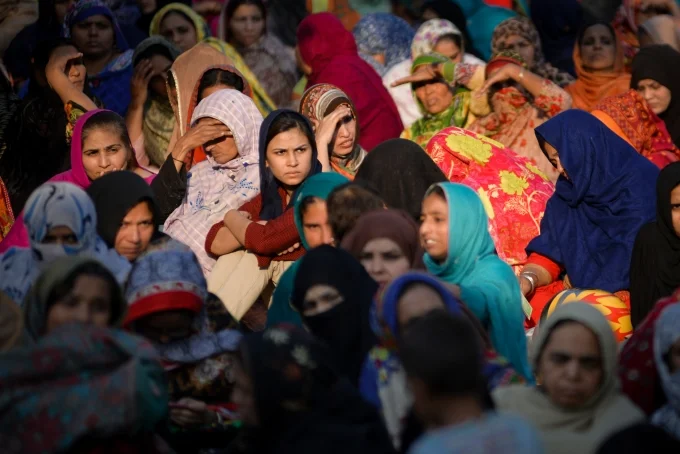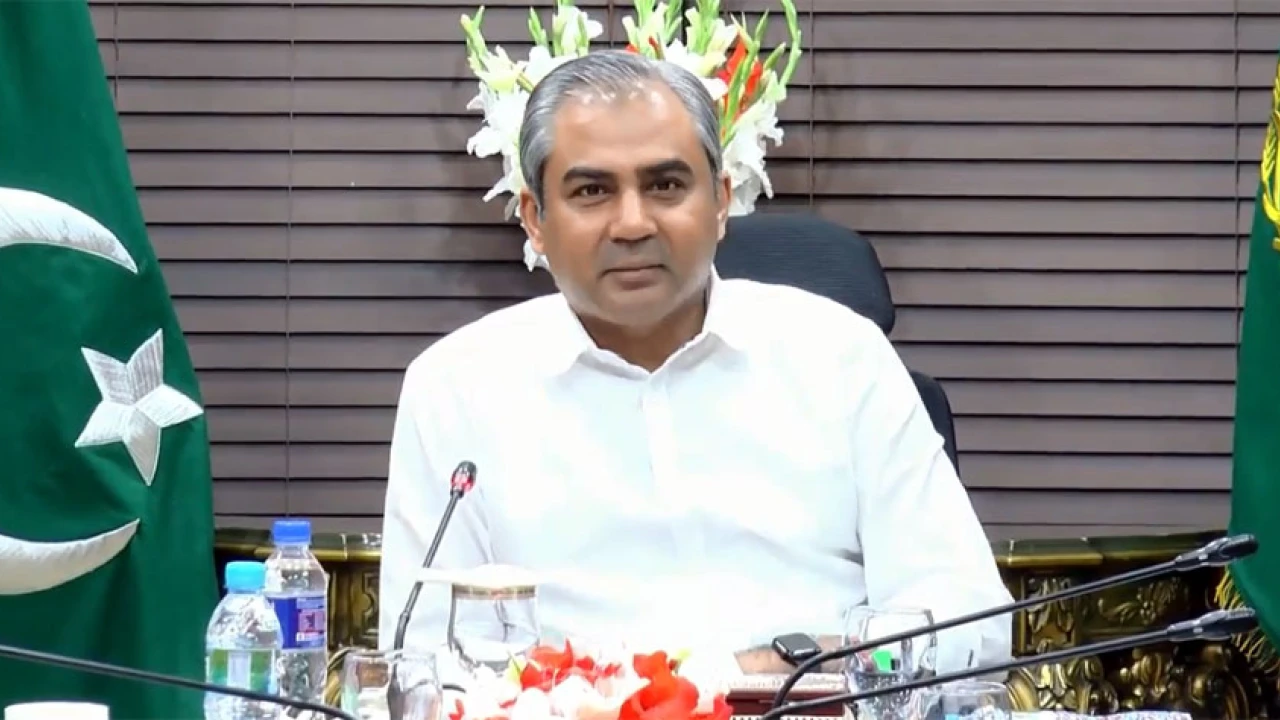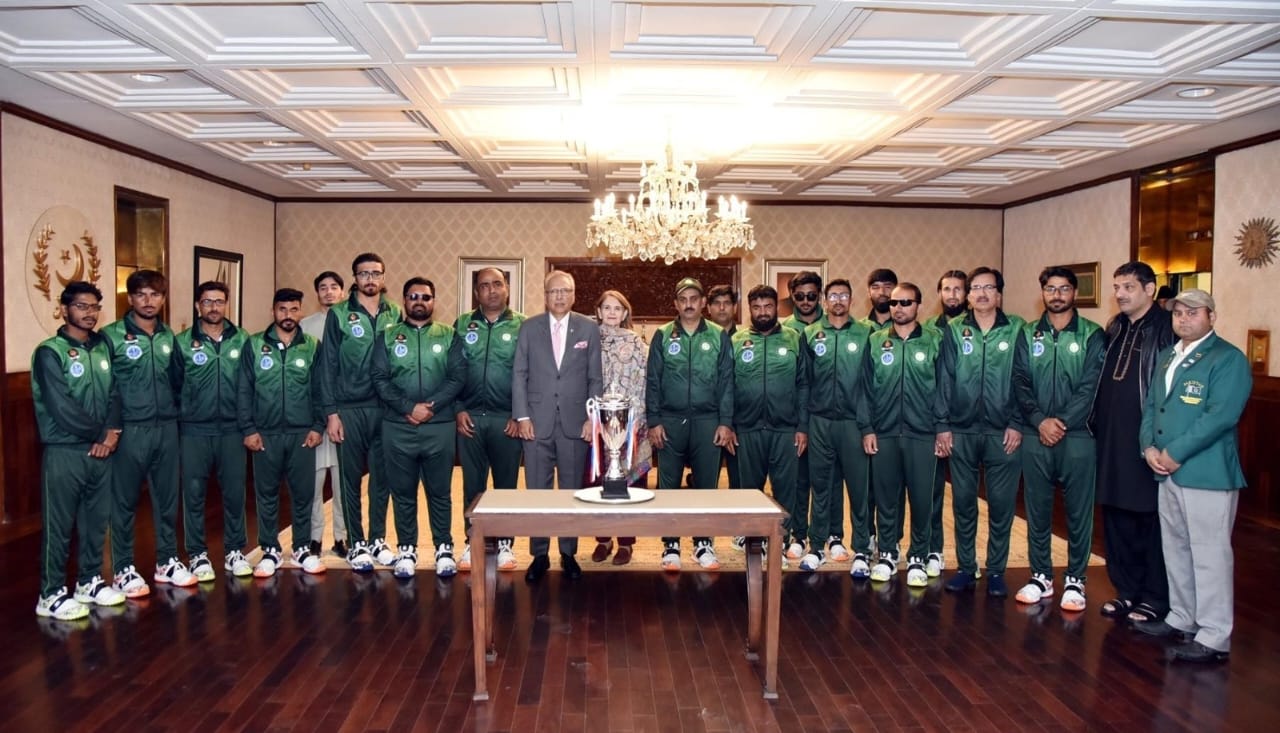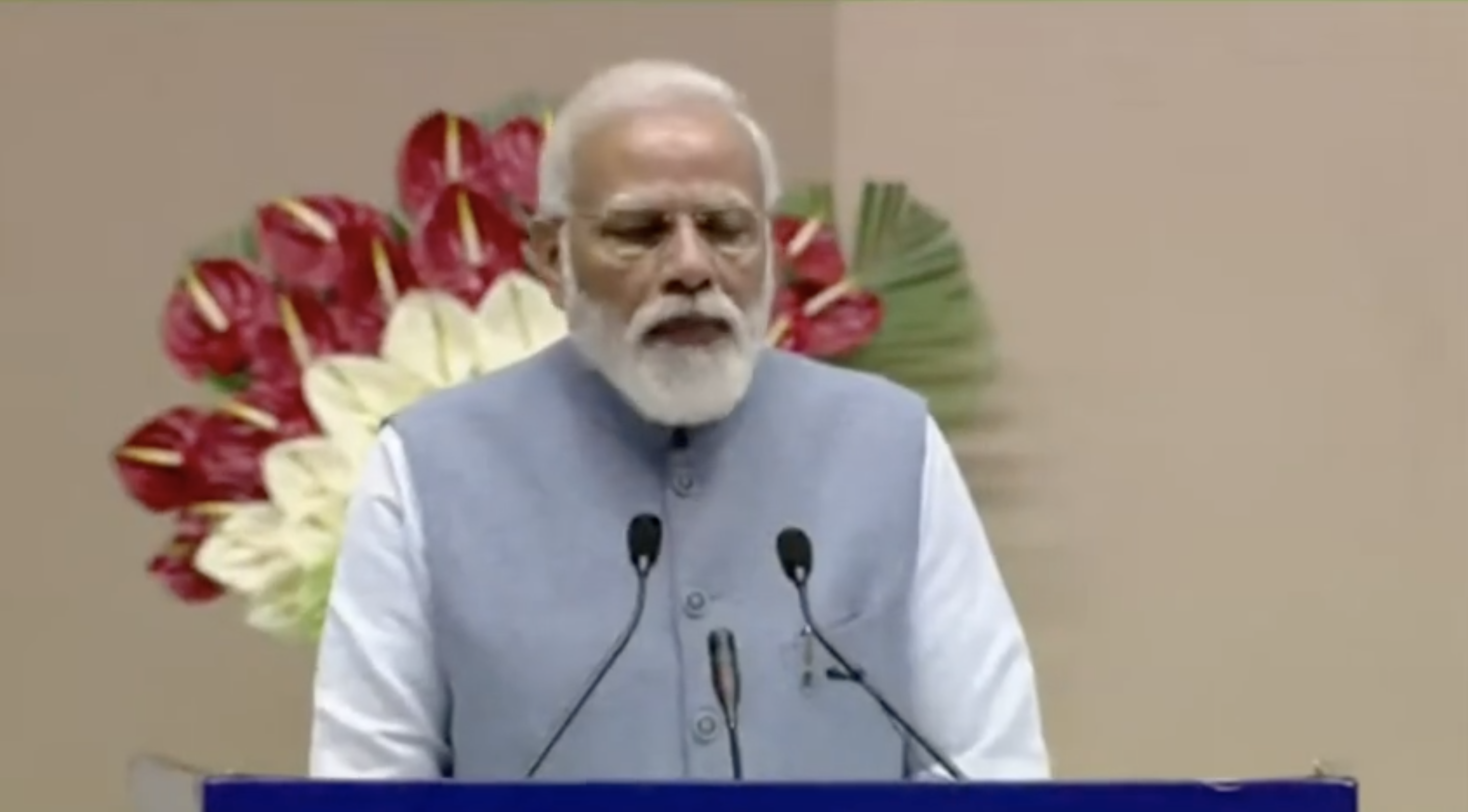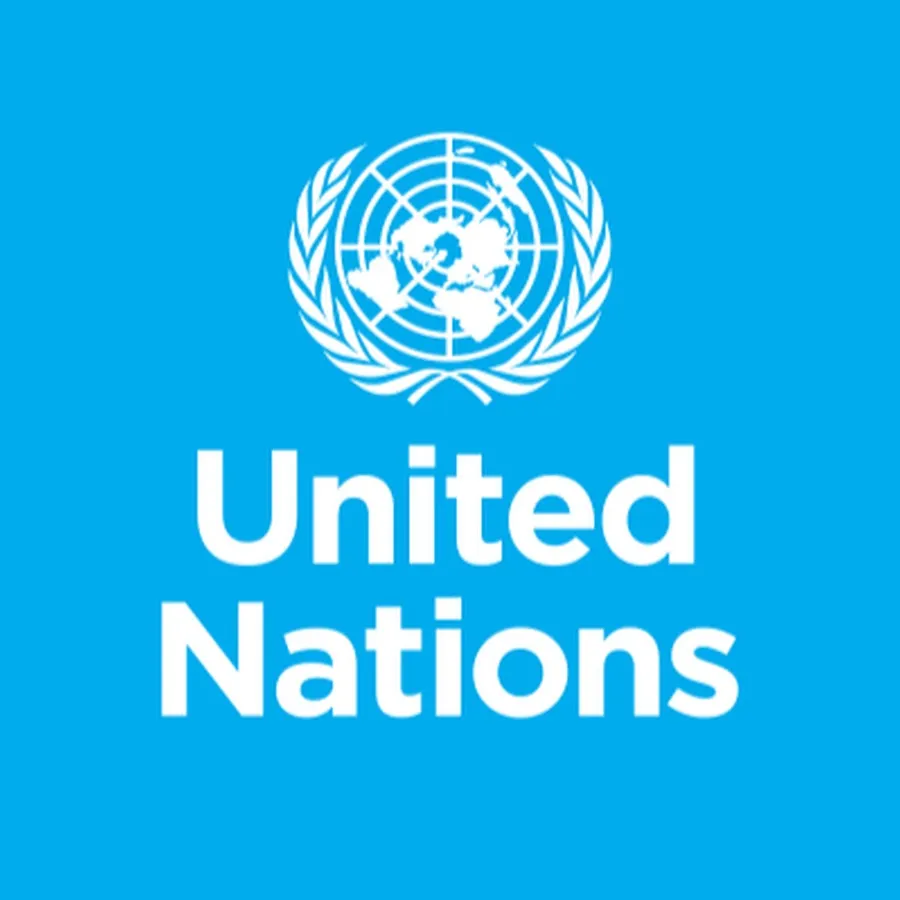While it is true that the issues faced by women’s health in Pakistan are considerably complex, it is safe to say that are not insurmountable
With women making up 50% of just about any society out there, it is safe to say that women’s health is a crucial aspect for any society to properly develop. And in Pakistan, it needs serious attention. According to the Global Gender Gap Index Report in 2022, Pakistan has regrettably ranked at the bottom 143 out of 156 countries in terms of female health and survival, making it one of the worst countries in the world in this regard.
The following are some of the most significant challenges being faced by the women of Pakistan:
Inadequate Healthcare Facilities:
Access to quality healthcare remains a major challenge, especially in rural areas. Insufficient infrastructure, inadequate medical equipment, and a shortage of trained healthcare staff all contribute to substandard care for women in need, especially considering that 62% of Pakistan’s population currently resides in rural areas. Proper facilities seem to be not only scarce but also out of reach for many, many areas in Pakistan. Consequently, preventable diseases often go undiagnosed or untreated, and women are denied timely interventions and treatments that could save their lives.
Socio-cultural Barriers and Gender Inequality:
Unfortunately, Pakistan very much exists within the confines of many deep-rooted socio-cultural norms and taboos that limit – or even downright criticize – open discussions about women’s health. Gender inequality, coupled with limited decision-making power and autonomy, thus restricts women’s ability to prioritize their own well-being and the lack of awareness and education about women’s health issues in the country only makes it worse. This leaves a huge percentage of women more vulnerable and intensifies health disparities in the country.
Maternal Mortality and Childbirth Complications:
Perhaps one of the most serious and pressing issues faced in terms of women’s health in Pakistan is the high maternal mortality rate. The Pakistan Demographic and Health Survey has stated that the maternal mortality rate is 186 deaths per 100,000 live births, a number too significant to look past. The reasons for this high ratio seem to be poor prenatal care and a shortage of skilled birth attendants in relation to the scale of the female population that requires those services. Additionally, the lack of awareness about family planning and limited access to contraceptives contribute to complications during childbirth that might otherwise have been preventable.
Reproductive Health Challenges:
Women of reproductive age (15-49 years) in both urban and rural areas in Pakistan have to face multiple barriers in order to access their sexual and reproductive rights, due to either lack of awareness, lack of healthcare facilities, or even because of the social and cultural stigma that bounds women’s bodily autonomy. A myriad of reproductive health issues is still rampant, including – but not limited to – poor antenatal care, unsafe abortions, STIs, and reproductive tract infections, and it seriously affects a large number of the women that fall within the reproductive age in Pakistan.
Nutritional Deficiencies and Malnutrition:
There are several specific nutritional deficiencies rampant within Pakistan’s female population in today’s time. The prevalence of anemia among women aged 15 to 44 is reported to be 26% in urban areas and 47% in rural areas. 63% of Pakistan’s female population is vitamin D deficient. And almost 52 % of women of reproductive age are deficient in calcium. These deficiencies contribute to a weakened immune system and an increased susceptibility to infections. Moreover, they not only impact individual women but also pose significant challenges of maternal health, fetal development, and the overall growth and development of future generations in Pakistan. Limited access to balanced diets and nutritious food is at the root of the problem, and will certainly lead to long-term health issues if nothing is done about it.
Keeping in mind the situation of women’s health, it is vital to shift our focus towards identifying and implementing solutions and making concerted efforts to overcome these obstacles. As such, the following are some measures that should be taken to combat the issues and challenges that plague women’s health in Pakistan.
Government Programs:
The government of Pakistan should take a proactive part in introducing programs for maternal care as well as empower women as frontline healthcare providers, expanding the provision of healthcare in areas that have been horrifically underserved. Initiating family planning services as well as encouraging women to focus on their health will enable them to make informed choices about themselves which will undoubtedly lead to improved health. The government should also provide aid and benefits to women facing health issues, to ensure that curable diseases do not go unchecked due to financial limitations.
Non-Governmental Organizations:
NGOs can play a vital role in raising awareness about reproductive health and family planning and promoting health education. This can equip them to make informed decisions about their health and bodies. They can also have a big role in starting community-based projects that can focus on providing health and hygiene-related materials to women in rural areas, which can help to fight off preventable diseases and infections.
Strengthening Healthcare Accessibility:
There is a pressing need to increase the number of healthcare centers, particularly in rural areas. Enhancing the quality of medical facilities and equipping them with modern technologies will not only ensure better healthcare provision, but also an improvement in prenatal care, which is essential for reducing maternal mortality rates.
Another notable measure that can be taken stems from the fact that there are currently about 85,000 female doctors in Pakistan that have been unable to get a chance to play a part in the medical system. If these doctors could be dispatched to remote areas, it would benefit both the working women of Pakistan, as well as the many men and women that have not been able to access healthcare facilities previously.
Breaking Socio-cultural Barriers and Taboos:
The barriers and taboos surrounding women’s health in Pakistan restrict their access to essential healthcare services, hinder their ability to make informed decisions about their own bodies, and even perpetuate harmful practices. It is high time to challenge these norms and promote open discussions so that women can gain autonomy over their health choices and receive appropriate care. Empowering women to seek medical assistance without fear of societal judgment or backlash can help in the early detection and treatment of diseases, improved maternal and child health outcomes, and better health for women in Pakistan overall.
While it is true that the issues faced by women’s health in Pakistan are considerably complex, it is safe to say that are not insurmountable. By acknowledging the issues and addressing the challenges head first, we can pave the way for a brighter, healthier future, where women’s health is valued and every woman can lead a life of well-being and fulfillment.
